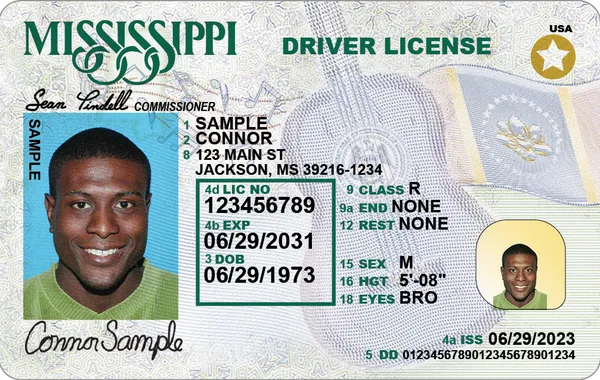On April 3rd, President Trump’s tariff on vehicles and auto parts imported into the U.S. went go into effect.
The import tax will apply to vehicles starting April 3rd and to auto parts on May 3rd. The new tariffs will be layered on top of existing duties—2.5% on cars and 25% on light trucks. The tariffs are set to remain in place throughout the current president’s term. Vehicles produced under the United States-Mexico-Canada Agreement (USMCA) will only face tariffs on their non-U.S.-made components. According to the White House, USMCA-compliant auto parts will remain tariff-free until a system for applying tariffs to non-U.S. content is established.
Reactions to the tariffs have been mixed. The United Auto Workers (UAW) supports the move, even after previous disagreements over the union’s endorsement of Kamala Harris in 2024. UAW President Shawn Fain praised the Trump administration for addressing what he called “the free trade disaster” that has harmed working-class communities and emphasizes that this is just one step toward protecting auto workers. The general argument for these tariffs has been the domestic growth spurt that it is expected to produce.
However, some financial analysts, including Nigel Green, CEO of the deVere Group, warn that these tariffs could have negative economic consequences. In an interview with Reuters, he says, “It leads to sluggish sales, costlier credit, and potential layoffs—exactly what a fragile economy doesn’t need.” He believes tariffs will not bring carmakers back to the U.S. but will drive up prices, harm international relations, and diminish America’s global standing.
European politicians and domestic analysts alike have expressed skepticism about the tariffs’ effectiveness, with countries like Germany and France hinting at retaliatory measures. More than half of the cars sold in the U.S. are produced overseas, mainly in countries such as Mexico, Canada, Japan, South Korea, and Germany. Mexico is the largest source of those imports, sending 2.5 million cars to US dealerships. Canada ships another 1.1 million, while an additional 3.7 million come from countries outside North America including South Korea, Japan and Germany.
The auto industry is rarely homogeneous; cars often require globally outsourced parts and labor, meaning that the tariffs’ impacts are likely to reach far and wide. Bolstering domestic manufacturing is a process that could take years. Staple car brands such as Toyota, which notably makes the Camry and Corolla; General Motors, which makes Chevrolet, Buick, GMC and Cadillac vehicles; and Honda, known for the Honda Civic, are impacted by these tariffs. It is important for new student drivers and others seeking to purchase cars to watch out for these price increases in the near future.













